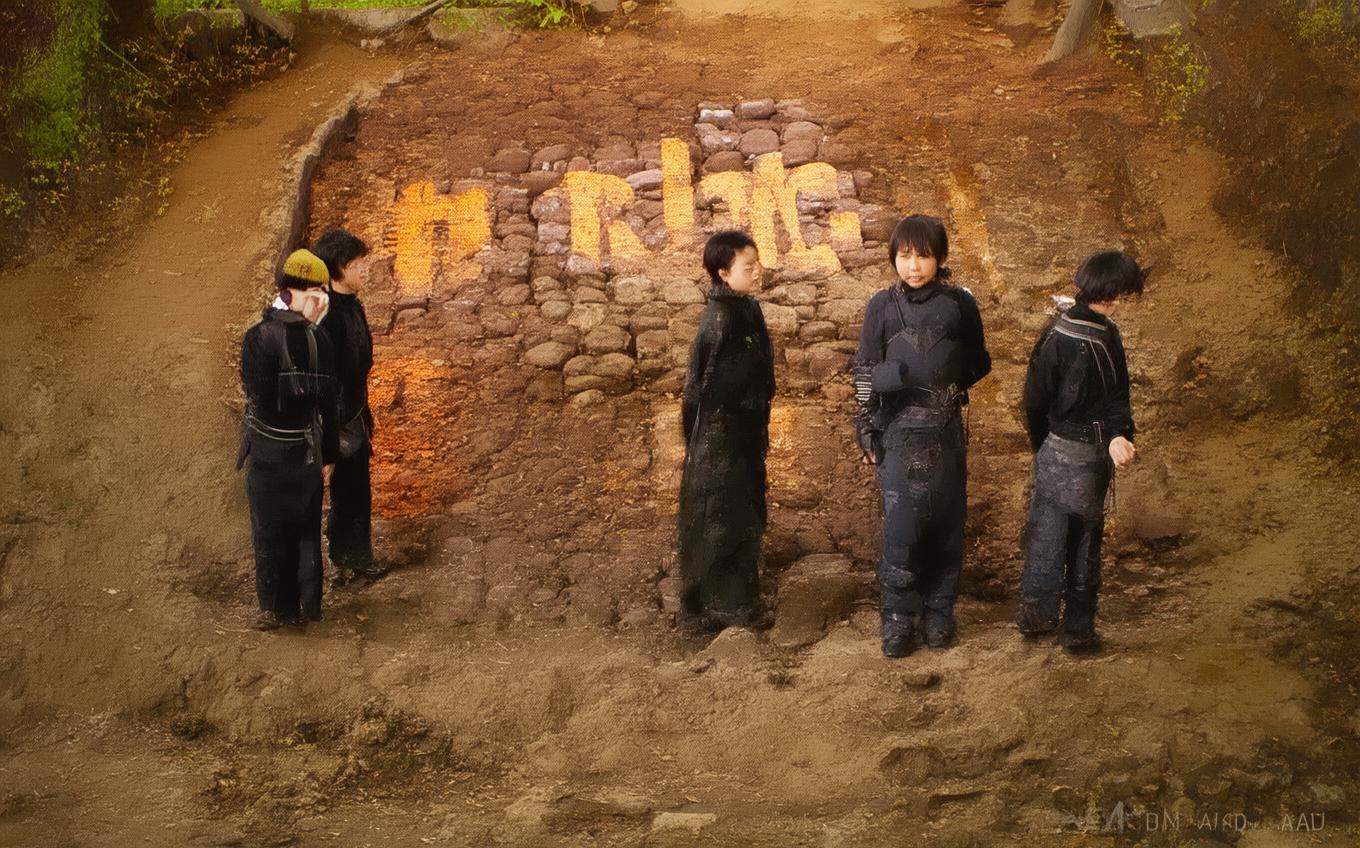Analysis of "悯农" - Classical Chinese Poetry
Introduction
The poem "悯农" (Mǐn Nóng), often translated as "Sympathy for the Peasants", is one of the most famous works by the Tang Dynasty poet 李绅 (Lǐ Shēn). Written in the 8th century, this poem reflects the hardships faced by farmers in ancient China and critiques social inequality.
Lǐ Shēn was a high-ranking official who used his poetry to advocate for the common people. "悯农" is celebrated for its simplicity, emotional depth, and powerful social commentary. It remains a cornerstone of classical Chinese literature, often taught to children to instill appreciation for labor and humility.
The Poem: Full Text and Translation
悯农 (二首其一)
Mǐn Nóng (Èr Shǒu Qí Yī)
锄禾日当午
Chú hé rì dāng wǔ
Hoeing millet under the noon sun,汗滴禾下土
Hàn dī hé xià tǔ
Sweat drips down to the soil below.谁知盘中餐
Shéi zhī pán zhōng cān
Who knows that the food on their plate,粒粒皆辛苦
Lì lì jiē xīn kǔ
Every grain comes from bitter toil?
Line-by-Line Analysis
-
"锄禾日当午" (Hoeing millet under the noon sun)
- The opening line sets a vivid scene: a farmer laboring under the scorching midday sun. The imagery emphasizes the intensity of agricultural work. -
"汗滴禾下土" (Sweat drips down to the soil below)
- The poet highlights the physical toll of farming—sweat symbolizing the unseen effort behind food production. The word "滴" (dī, "drip") conveys exhaustion and perseverance. -
"谁知盘中餐" (Who knows that the food on their plate...)
- A rhetorical question challenging the reader. Many urban elites of the Tang Dynasty were disconnected from rural struggles; this line forces reflection on privilege. -
"粒粒皆辛苦" (Every grain comes from bitter toil)
- The closing line delivers the poem’s moral: food is not just sustenance but the product of immense labor. The repetition of "粒" (lì, "grain") stresses the value of each morsel.
Themes and Symbolism
1. Sympathy for Laborers
The poem condemns the indifference of the wealthy toward farmers' suffering. The "noon sun" symbolizes relentless hardship, while "sweat" represents the unseen cost of comfort.
2. Gratitude and Waste
Lǐ Shēn critiques food waste—a timeless issue. The "plate" symbolizes privilege, contrasting with the "soil" of manual labor.
3. Social Justice
Though subtle, the poem implies a call for empathy and fair treatment of peasants, a radical idea in feudal China.
Cultural Context
- Tang Dynasty Society: The poem was written during a period of prosperity, yet wealth disparity was stark. Peasants, though vital, were often exploited.
- Confucian Values: The text aligns with Confucian ideals of "benevolence" (仁 rén) and "respect for labor", urging moral responsibility.
- Legacy: "粒粒皆辛苦" is still quoted in China today to teach children not to waste food.
Conclusion
"悯农" is a masterpiece of brevity and moral power. Its depiction of peasant life transcends time, reminding us to honor those who sustain society through labor. In an era of global food insecurity and climate challenges, Lǐ Shēn’s plea for gratitude and equity resonates louder than ever.
As you next enjoy a meal, remember: Every grain comes from bitter toil.




Comments (0)
No comments yet. Be the first to comment!